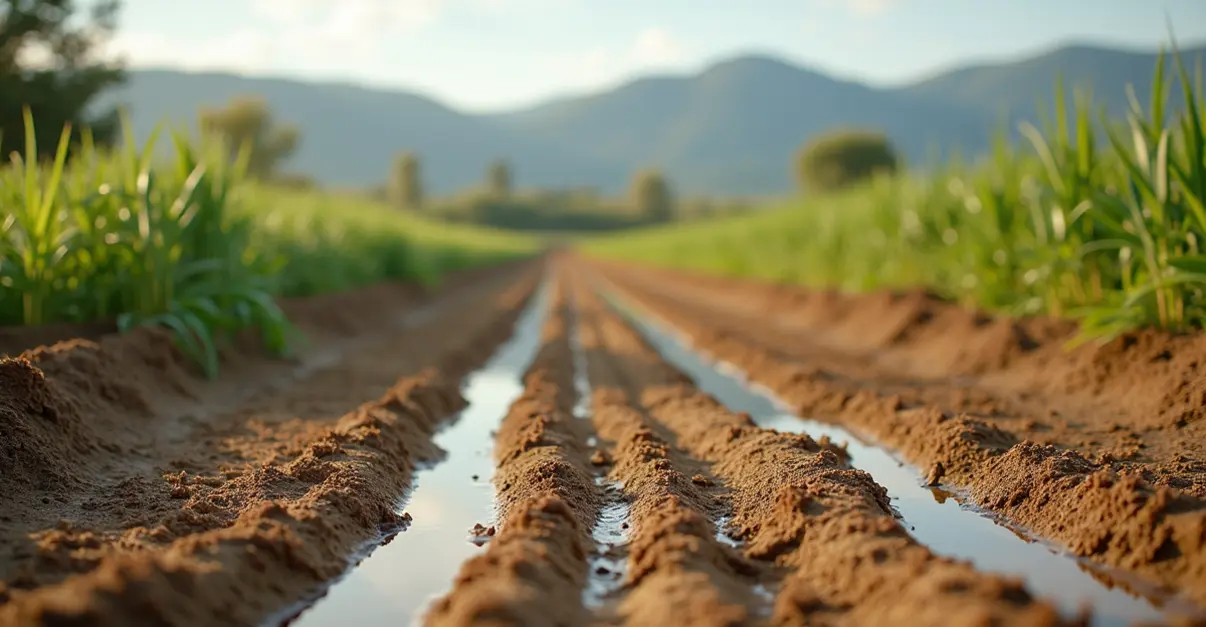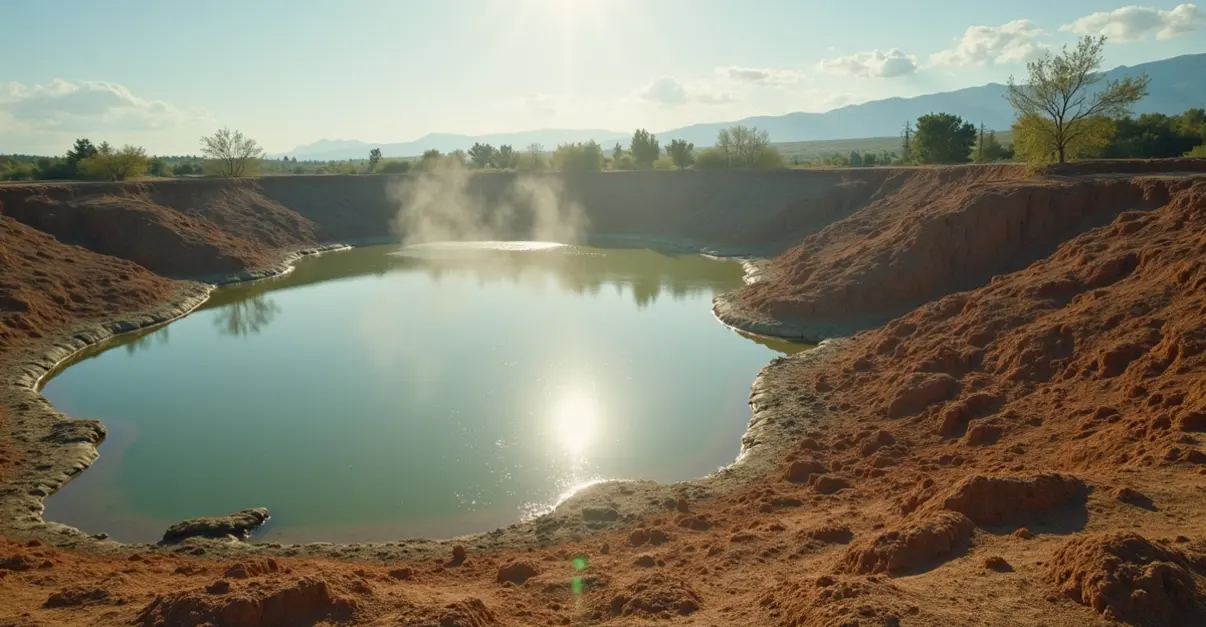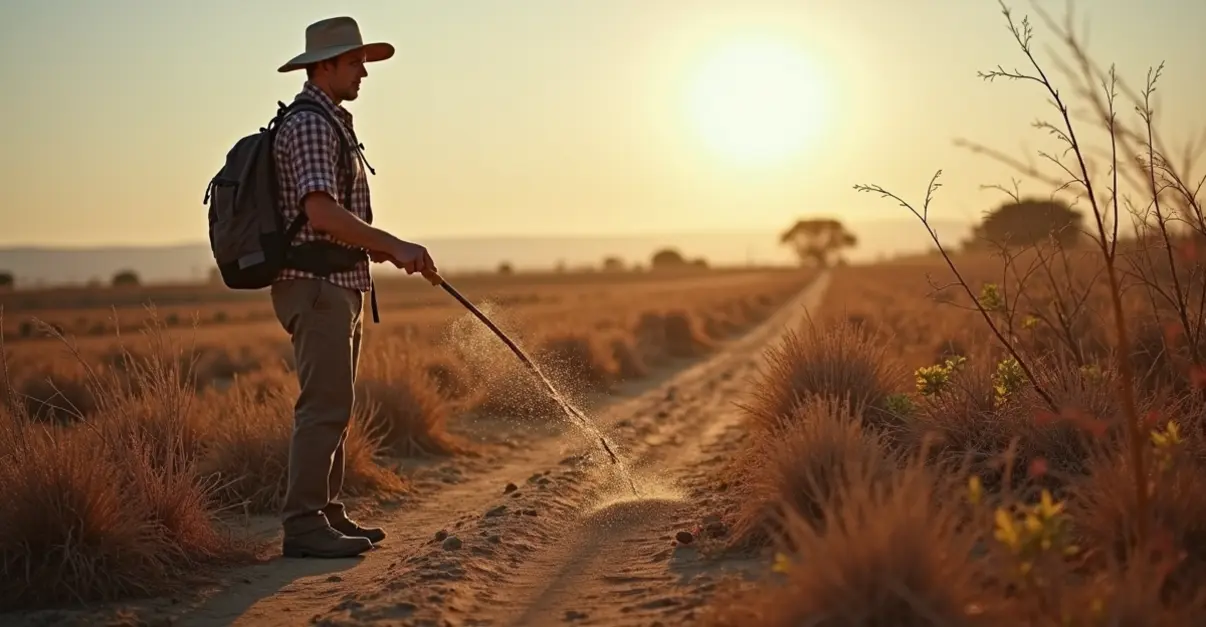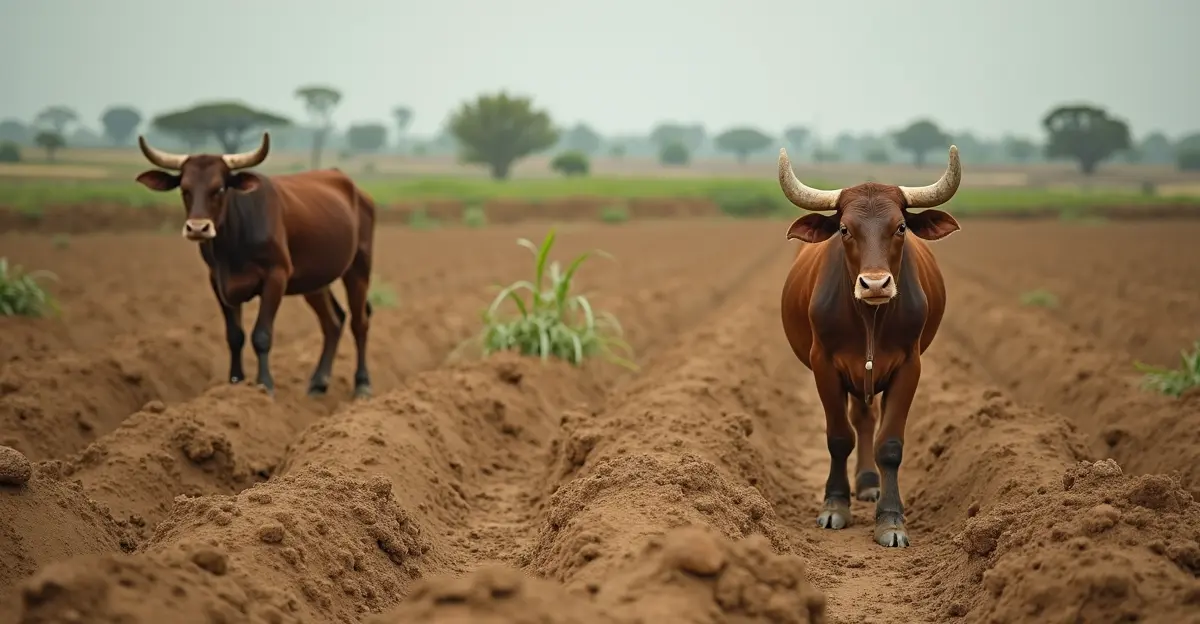Europe's Agricultural Crisis Deepens as Drought Intensifies
Europe is facing one of its most severe drought crises in recent memory, with central, northern, and eastern regions experiencing unprecedented water shortages that are crippling agricultural production. The drought, triggered by lack of rain between March and May combined with above-average temperatures exceeding 2°C in some areas, is already significantly impacting vegetation growth and river systems across the continent.
Immediate Relief Measures for Farmers
In response to the escalating crisis, governments across Europe are implementing emergency support measures for farmers struggling with water scarcity. 'We're seeing unprecedented stress on our agricultural systems,' says agricultural economist Dr. Maria Schmidt from the European Commission's Joint Research Centre. 'The combination of rainfall deficits and rising temperatures is creating perfect storm conditions for crop failure.'
The European Commission has activated its emergency response framework, providing immediate financial assistance through programs like the Emergency Assistance for Livestock, Honeybees, and Farm-Raised Fish Program and other disaster relief mechanisms. These programs offer compensation for feed losses, transportation costs, and other drought-related expenses that are pushing many farms to the brink of collapse.
Water Allocation Strategies Under Pressure
Water allocation has become a critical issue as reservoirs and groundwater levels drop to alarming lows. Regional authorities are implementing strict water rationing measures, prioritizing essential agricultural uses while restricting non-essential consumption. 'We're having to make difficult decisions about water distribution,' explains water management specialist Pierre Dubois from France's agricultural ministry. 'Farmers who implemented water-saving technologies are receiving priority access, while others face significant restrictions.'
The European Commission's Joint Research Centre reports that river transport is already strained in eastern Europe and Baltic regions, with low discharge levels affecting both agriculture and commerce. The situation is particularly critical in regions where winter and spring crop yields are threatened by severe rainfall deficits.
Long-Term Resilience Planning
Beyond immediate relief, European authorities are accelerating long-term resilience planning. The European Commission is preparing to release its comprehensive Water Resilience Strategy in June 2025, focusing on efficiency improvements, water reuse technologies, and nature-based solutions.
'This isn't just about surviving the current crisis,' says environmental policy expert Dr. Elena Rodriguez. 'We need fundamental changes in how we manage water resources. The European Investment Bank has pledged €15 billion by 2027 to support projects that improve water infrastructure and promote sustainable agricultural practices.'
Regional Variations and Crop Impacts
The drought's impact varies significantly across Europe. While northwestern Europe faces severe rainfall deficits threatening winter and spring crop yields, the Iberian Peninsula, Italy, and Greece are experiencing more favorable conditions that could lead to 15-20% higher yields. However, eastern Europe shows emerging vegetation stress, and soil moisture deficits are hampering plant growth throughout the Mediterranean region.
Potato crops are proving particularly vulnerable to the drought conditions, with experts warning of significant reductions in both yield and quality. 'Potatoes require consistent moisture throughout their growth cycle,' explains crop scientist Dr. Thomas Weber. 'The irregular rainfall patterns we're seeing are creating ideal conditions for crop stress and reduced tuber development.'
Looking Ahead: Climate Adaptation
Seasonal forecasts predict continued warmer and drier conditions this summer, particularly in northern and eastern Europe. This has prompted calls for proactive water management measures to reduce drought risks and build agricultural resilience.
'Farmers need support not just for today's crisis, but for adapting to the new climate reality,' says agricultural policy advisor Sophie Müller. 'We're seeing a shift toward drought-resistant crops, improved irrigation efficiency, and better soil management practices. The challenge is scaling these solutions quickly enough.'
The crisis has highlighted the urgent need for coordinated European action on water management and agricultural adaptation. As climate change continues to alter precipitation patterns, the measures being implemented today may determine the future viability of European agriculture for decades to come.

 Nederlands
Nederlands
 English
English
 Deutsch
Deutsch
 Français
Français
 Español
Español
 Português
Português










